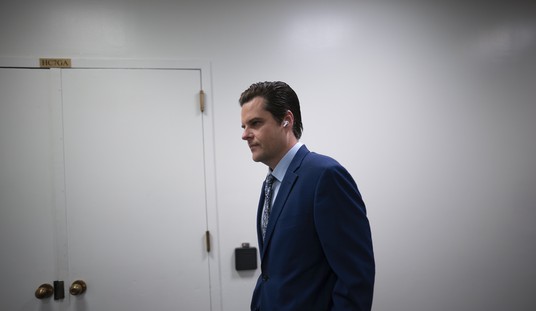In May, Townhall reported how the board of governors for the University of North Carolina (UNC) System voted to replace its diversity, equity and inclusion (DEI) policies. The change impacted its 17 public universities across the state.
Board of Governors Chair Randy Ramsey, who supported the repeal, told ABC11 in a statement that repealing DEI programs would promote intellectual freedom.
“Campuses shall continue to implement programming or services designed to have a positive effect on the academic performance, retention, or graduation of students from different backgrounds, provided that programming complies with the institutional neutrality specified in Section VII of this policy and/or other state and federal requirements,” the new policy stated.
This week, reports broke that three universities in Alabama would dissolve their DEI offices.
The University of Alabama (UA) System campuses, which includes the University of Alabama in Tuscaloosa, the University of Alabama at Birmingham and the University of Alabama in Huntsville, announced Tuesday the offices would be closed by Oct. 1 to comply with the law.
Recommended
“It’s important to note we will continue to provide resources and support to every member of our campus community, as our commitment to each individual’s success remains steadfast,” UA President Stuart R. Bell said in a statement.
“Differences, including differences of opinion, shared with civility, strengthen our campus community. Our faculty, staff and students will continue to engage in free speech, exercise academic freedom, and join in wide-ranging thought and discussion on issues that impact our world,” Bell added. “Our mission has not wavered, and we remain committed to our institutional goals to welcome all, serve all and see all thrive and succeed.”
In a press release, the university system explained that it just established the Division of Opportunities, Connections and Success to “promote success for everyone in the UA community, including those who may face educational access and achievement challenges.” This division is in compliance with state law, the press release said, and will be led by Dr. Christine Taylor, a senior executive with “a successful background in change management, program development, marketing, recruitment and process improvement” (via News.UA.edu):
Taylor and her staff are charged with three primary initiatives:
Opportunities – increasing access to higher education through heightened academic support and services for Alabama students and families with lower college attendance rates.
Connections – fostering campuswide initiatives on free speech and civil discourse.
Success – preparing students for the global workforce by enhancing skills and competencies sought by employers and by helping students and employees understand and effectively work with individuals from varying backgrounds.
“Acknowledging that different individuals may have different barriers to success in higher education, this division supports opportunities for students across campus, regardless of differences of backgrounds or opinions,” Taylor said in a statement, adding that, “It will also support programming that engages free speech, wide-ranging thought and discussion, and academic freedom for all with efforts focused on educational purposes and priorities.”
In recent years, several states have moved closer to banning diversity programs in higher education.
Last year, Townhall reported how Texas lawmakers passed a bill to end Diversity, Equity and Inclusion (DEI) programs at state colleges and universities.
“Conservatives began this session by recognizing this simple truth: Texas has allowed leftist to infiltrate our universities for far too long,” Republican state Rep. Tony Tinderholt said of the bill. “If you’re voting to keep these people on the Texas tax payroll at these universities, you are complicit in their subversion.”



